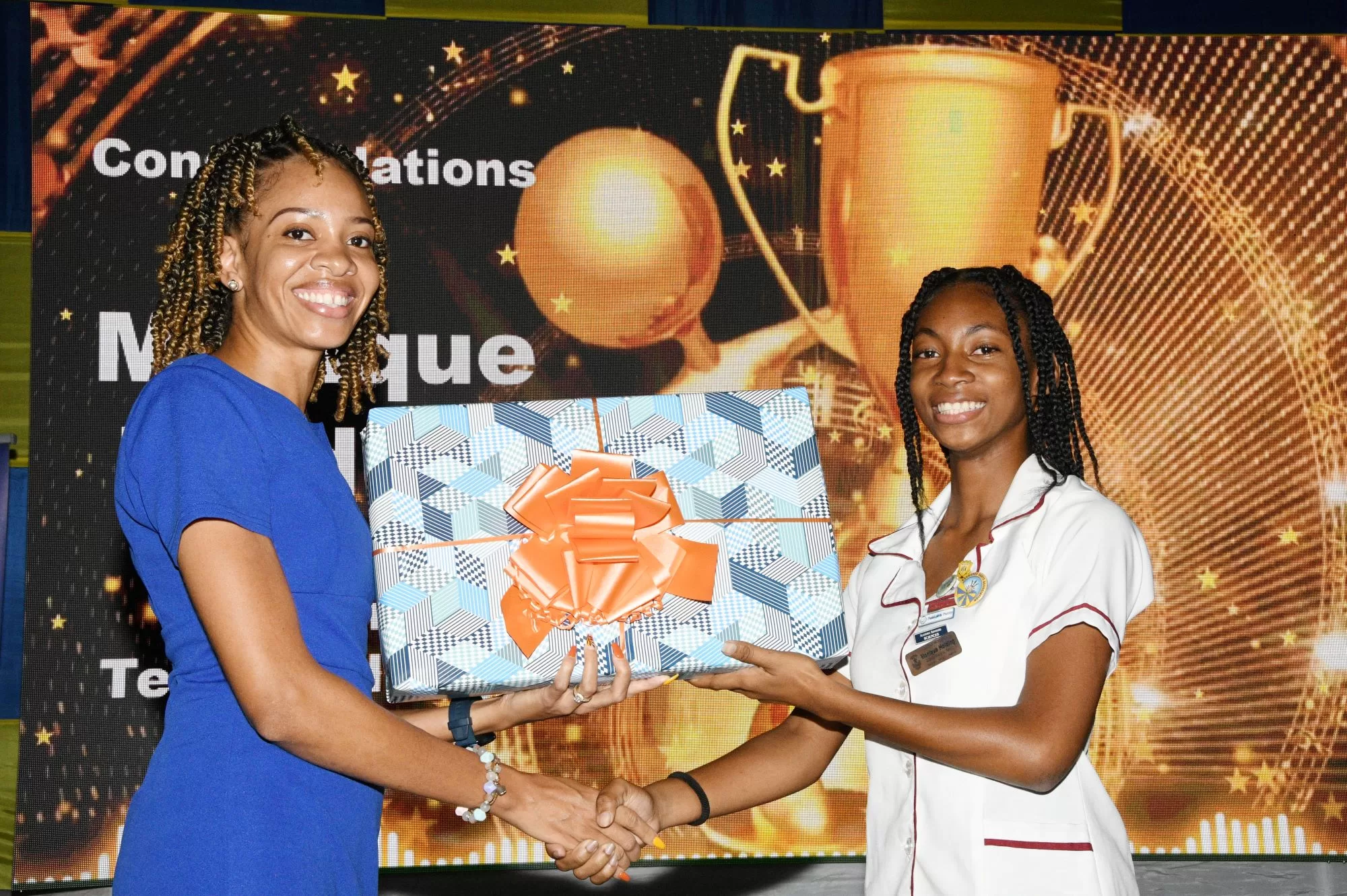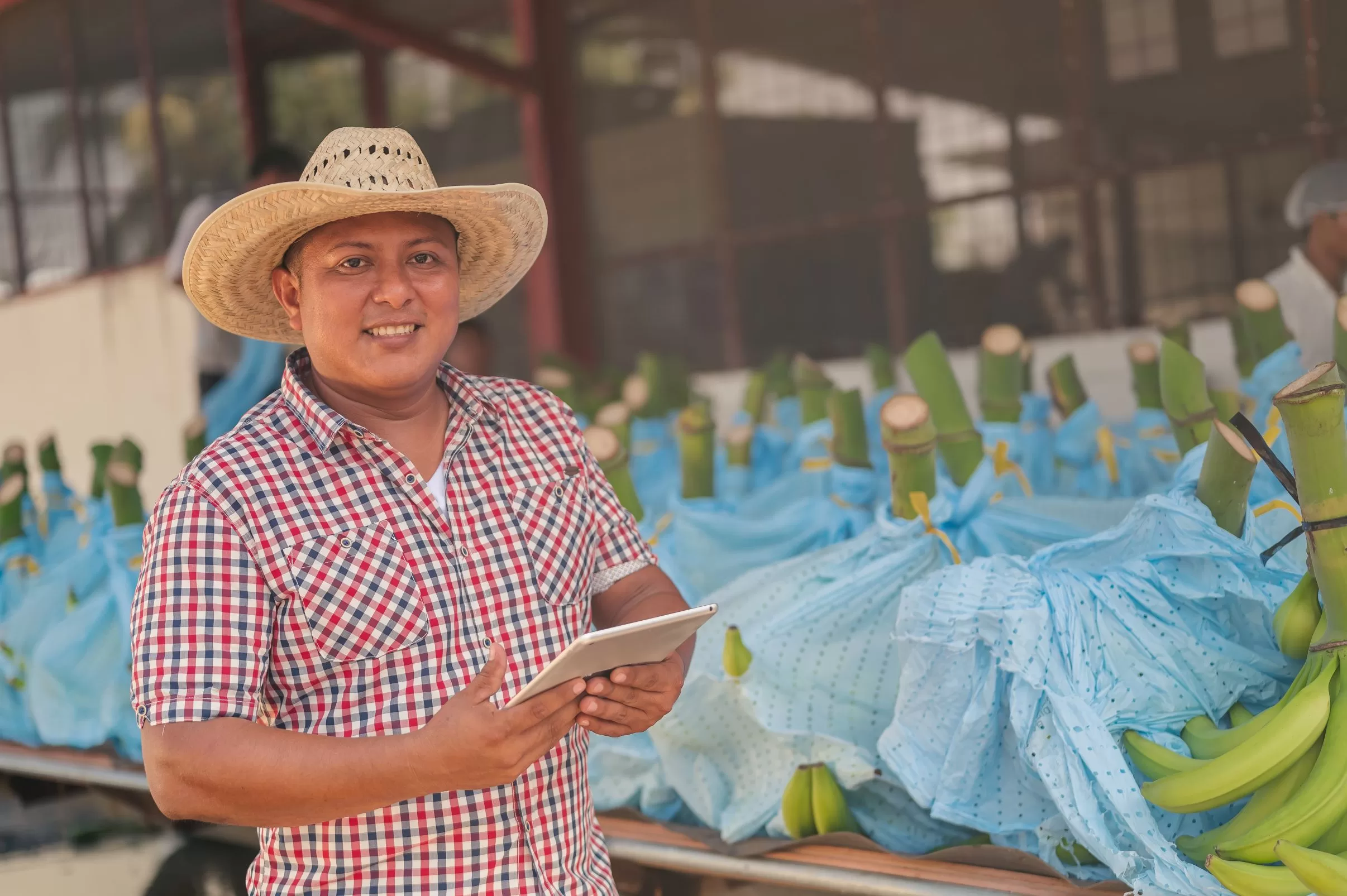Jamaicans Not Fully Leveraging Internet for Advancement
Despite having more than half the population having access to the internet, Jamaica is not fully leveraging its access for economic and social development, according to Professor of Management Information Systems at the University of Technology, Jamaica, Dr Paul Golding, and may need intervention to encourage more sophisticated use.
“Up to 95 per cent of students now have access outside of school and the access that they have is primarily Wi-Fi,” he affirmed.
“We have reached that access point where we can now leverage and convert that access into productive use,” Professor Golding underscored.
The author of the 2017 paper, The Role of ICT in Jamaica’s Economic Growth Strategy, indicates that despite access, total factor productivity (TPF), which measures growth and efficiency facilitated by technology, contributed negatively to gross domestic product (GDP) between the Year 2000 and 2016.
That may not seem implausible given that a 2014 study, ICT Access and Use by Households and Individuals, which he also conducted alongside his team at the College of Business and Management at UTech, reveals that Jamaicans primarily use the internet for leisure. Data from the study shows that a combined 76 per cent use the internet for social networking and recreation; 10 per cent for educational purposes; eight per cent for purchasing goods; six per cent for e-government transactions and four per cent for internet banking.
“We are not leveraging technology as much, and the industries which are leveraging technology the most are the one’s which are making the biggest profits,” he said. These include major commercial banks and other financial institutions, which have made significant investment in mobile technologies and online banking to maximise efficiency and convenience for their customers. Industries, such as agriculture, restaurants, real estate and the wholesale and retail sector are, however, lagging, although they contribute vastly to the country’s GDP.
“I believe there are lots of opportunities that we can tap into. A large part of what persons are now engaging in is focused around entertainment and social media and those things have value in and of themselves. However, if you consider the internet as a platform that bridges the gap between any size service provider and a wider customer base, a platform for knowledge and education and one that can facilitate financial inclusion and medical services to the underserved, I don’t believe that we are taking enough advantage of those opportunities,” he said.
He underscores that there is a correlation between internet penetration and economic growth that Jamaica is not yet reaping.
“There are studies that have been done by international organisations, such as the World Bank that show that there is a direct correlation between internet access and economic growth. There is a direct impact on a country’s GDP based on how accessible the Internet is to the population,” he pointed out.
Professor Golding maintains that there are many access points established by businesses and the government through schools and the Universal Service Fund, which are free to the public, however, businesses now need to take the next step and have people transact or communicate with them using the internet.
“You order something; you order it electronically using the internet. So even the coconut man or cane man, you can send him a What’s App for instance to peel cane or prepare a coconut for you and you pay him cash, or you electronically pay him and he would have someone deliver the goods to you,” he explained.
Jamaica can’t leapfrog technology development
Notwithstanding the country’s robust internet penetration, Professor Golding believes Jamaica cannot leapfrog to the next level of its development in respect of its internet usage. He says its development must be incremental.
“Access is now at a point where you need to make the next step. You can leapfrog, but you’re not going to leapfrog where you are going to leap and then be at the top of the line,” he says. “Development for us in this is going to have to be progressive,” he argues, noting that first world countries are too far ahead and have far greater resources to invest in technology.
“We are not going to be able to leapfrog without resources,” he says.
He points out that there are political realities with which Jamaica must also contend that hinder its progress in leveraging ICT for development.
“If you fully leverage technology it is going to reduce employment, at least in the short run,” he said.“Politically no one wants to do that because you can’t get re-elected. So there is this conflict between political realities and ‘do you really want to increase productivity and be efficient’,” he purported.
Professor Golding says what private sector and government need to do is look at how the country can leverage technology more in its current business and economic undertakings, rather than race against more developed countries. However, pointing to the development of the ICT Policy in 2014, he noted that while policy is necessary, improving the sophistication with which Jamaica uses the internet may have to be encouraged by providing incentives for desired behaviour, rather than implementing strict policy measures.
Should government incentivise internet usage?
According to Professor Golding, as the largest employer, government may be better able to encourage behaviour by incentivising people or businesses to carry out more transactions with them online.
“These are decisions which government should make in order to push technology usage. It must be cognisant that not everyone will use it, so persons who want to come in should still have that option, but provide the options and what you will find that over time people change,” he said.
Mr McGann, however, offers a different viewpoint. He says Jamaica may benefit more from improving access and public awareness especially in rural communities, where access is lowest rather than government providing incentives.
“The government should ensure that Jamaicans from all walks of life understand the opportunities that the internet brings to the table and how it can positively impact their lives,” he said.
Insights:





